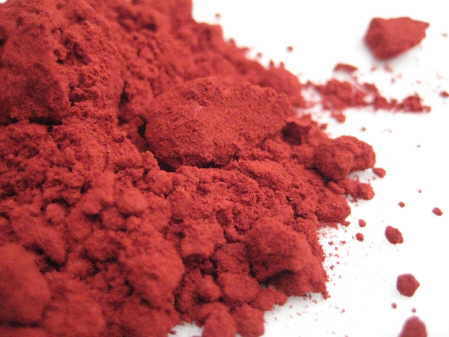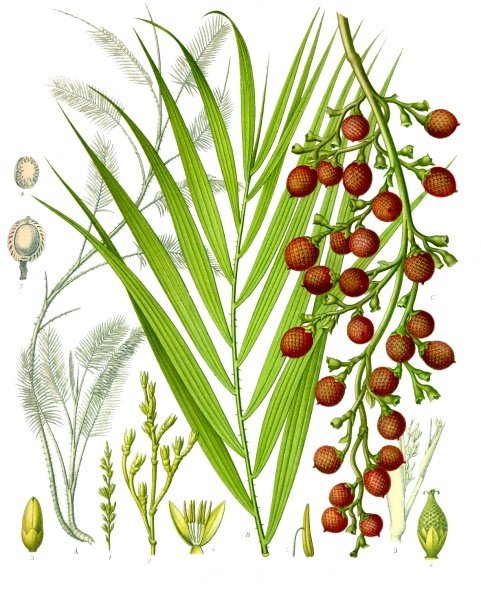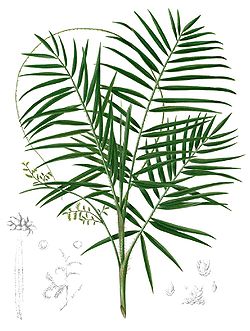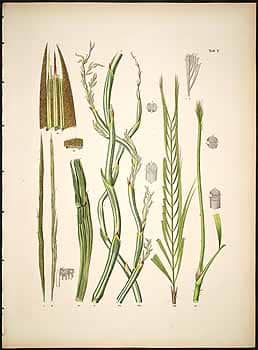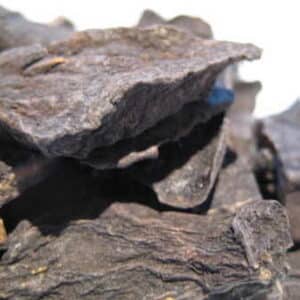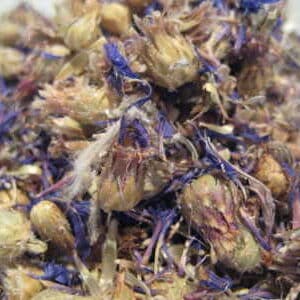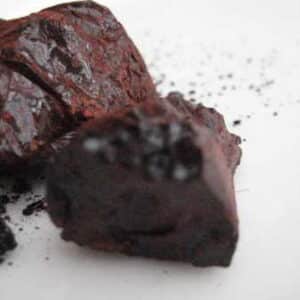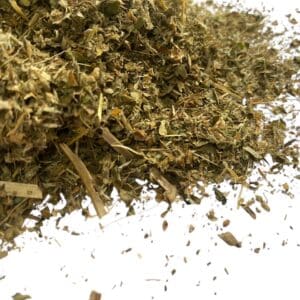Dragon’s Blood Fine Ground – Daemonorops draco Blume
£10.50 – £20.00
Fine Ground Dragon’s Blood
Daemonorops draco Blume (this product)
Species:- Croton, Dracaena, Daemonorops, and Pterocarpus.
Also known as jerang or djerang
10 grams or 25 grams
Dragon’s blood is a bright red resin that is obtained from different species of four distinct plant genera: Croton, Dracaena, Daemonorops ( this product and from Sumatra), and Pterocarpus.
The red resin was used in ancient times as varnish, medicine, incense, and dye. It continues to be employed for all the same purposes today.
A great degree of confusion existed for the ancients in regard to the source and identity of dragon’s blood. Dracaena resin, “true” dragon’s blood, and the poisonous mineral cinnabar (mercury sulfide) were often confused by the ancient Romans, as there appears to be a tendency to call all things that are bright red “dragon’s blood”. In ancient China, little or no distinction was made between the dragon’s blood from the different species.
Both Dracaena and Daemonorops resins are still often marketed in contemporary times as dragon’s blood with little or no distinction between the plant sources.
Voyagers to the Canary Islands in the 15th century obtained dragon’s blood as dried garnet-red drops from Dracaena draco, a native to the Canary Islands and Morocco. The resin is exuded from the wounded trunk or branches of the tree. Dragon’s blood is also obtained by the same method from D. cinnabari, which is indiginous to the island of Socotra east of Somalia. This resin was traded to ancient Europe via the Incense Road.
Dragon’s blood resin is also produced from the rattan palms of the genus Daemonorops of the Indonesian islands and known there as jerang or djerang. It is gathered by breaking off the layer of red resin encasing the unripe fruit of the rattan. The collected resin is then rolled into solid balls before being sold.
The dragon’s blood known to the ancient Romans was mostly collected from D. cinnabari, and is mentioned in the 1st century Periplus as one of the products of Socotra. Socotra had been an important trading centre since at least the time of the Ptolemies.
Dragon’s blood was used as a dye and medicine (respiratory & gastroinstestinal problems) in the Mediterranean basin, and was held by early Greeks, Romans, and Arabs to have medicinal properties. Dioscorides and other early Greek writers described its medicinal uses.
Locals of Moomy city on Socotra island use the dragon’s resin as a sort of cure-all, using it for such things as general wound healing, a coagulant (though this is ill advised with commercial products, as the Daemonorops species acts as an anti-coagulant and it is usually unknown what species the dragon’s blood came from), curing diarrhoea, lowering fevers, dysentery diseases, taken internally for ulcers in the mouth, throat, intestines and stomach, as well as an antiviral for respiratory viruses, stomach viruses and for such skin disorders as eczema. It was also used in medieval ritual magic and alchemy.
Dragon’s blood of both Dracaena draco and Dracaena cinnabari were used as a source of varnish for 18th century Italian violinmakers. There was also an 18th century recipe for toothpaste that contained dragon’s blood. In modern times it is still used as a varnish for violins, in photoengraving, as an incense resin, and as a body oil.
Dragon’s blood from both Daemonorops were used for ceremonies in India. Sometimes Dracaena resin, but more often Daemonorops resin, was used in China as red varnish for wooden furniture. It was also used to colour the surface of writing paper for banners and posters, used especially for weddings and for Chinese New Year.
In American Hoodoo, African-American folk magic, and New Orleans voodoo, it is used in mojo hands for money-drawing or love-drawing, and is used as incense to cleanse a space of negative entities or influences. It is also added to red ink to make “Dragon’s Blood Ink”, which is used to inscribe magical seals and talismans.
In folk medicine, dragon’s blood is used externally as a wash to promote healing of wounds and to stop bleeding. It is used internally for chest pains, post-partum bleeding, internal traumas and menstrual irregularities. In neo pagan Witchcraft, it is used to increase the potency of spells for protection, love, banishing and sexuality. In New Age shamanism it is used in ceremonies in a similar way as the neo pagans use it.
It is also commonly distributed as “red rock opium” to unsuspecting would-be opium buyers, though it contains no opiates and has not been shown to have intoxicating effects at all.
| Country of Origin | SUMATRA |
|---|---|
| Batch Code | JF1288546 |
| Grams | 10 grams, 25 grams, 50 grams |
